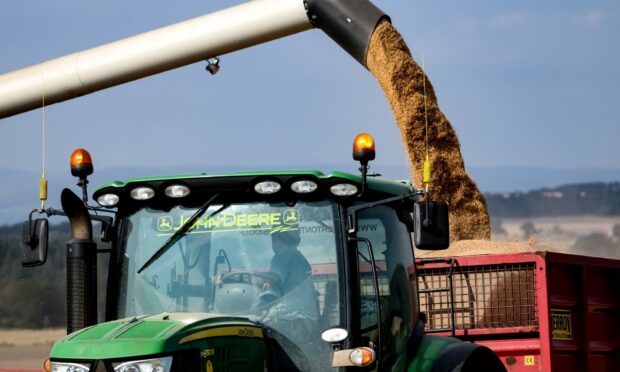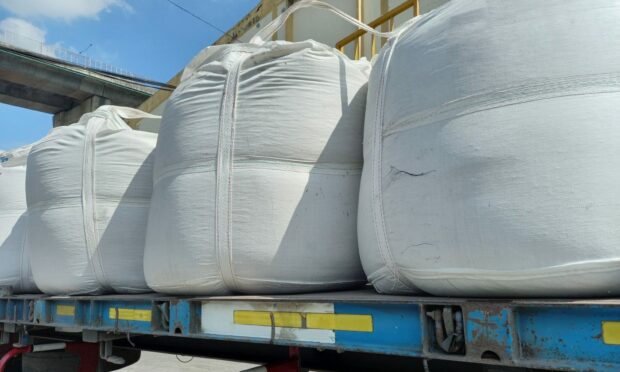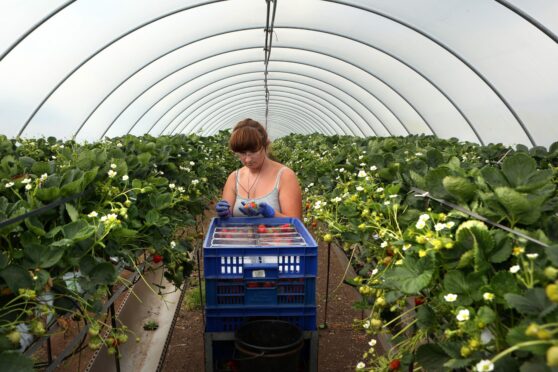Food prices remain high, but officially global prices have now fallen for four consecutive months.
The United Nations Food and Agriculture Organisation (FAO) index of prices fell in July by an average 8.6% – the steepest drop since 2008. This was driven by a close to 20% drop in prices for vegetable oils, which had been driven to record levels by the loss of supplies from Ukraine. This is however a reduction around a high plateau, with average food prices still 13% ahead of July 2021.
The FAO said this gave some hope to countries suffering amid the rising cost of food, but it has warned that with fertiliser prices set to climb again there could be further rises.
Cereal prices were down 11.6%, but are still almost 17% ahead of 2021. Wheat prices are almost a quarter higher than in July 2021. A drought-hit European harvest could see these prices rise again. Dairy prices were down 2.5% on June, but remain 25% ahead of 2021, because of concerns about the impact of drought on supplies this autumn.
Defra has begun an investigation into problems around the availability of farm labour after Brexit.
The committee examining this includes industry representatives, but it appears to be an investigation into the blindingly obvious. By opting for the toughest possible Brexit, the UK closed itself off from the free movement of labour within the EU.
On top of this the UK economy and sterling are both weak, making it a less financially attractive environment for those now needing work visas, but who were once the stalwarts of farm work. Tory leadership hopeful, Liz Truss, has made clear that if she becomes PM she will make no concessions on labour movement, suggesting the solution to the problem is not at hand.
The United Nations has agreed a programme to help rebuild some of Ukraine’s grain storage capacity. Ukraine is hoping to harvest 50 million tonnes of grain, despite the war, but estimates are that at least 14% of its grain silos have been destroyed while a further 10% are in areas now held by Russia.
Meanwhile, as the drought continues to bite, the EU has sent an advisory document to member states on how waste urban water could be used in agriculture in the future.


